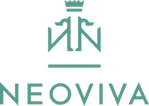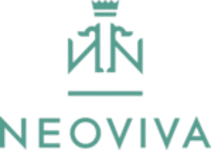Leading rehab clinic for screen addiction treatment
Our intensive screen addiction programme includes advanced, evidence-based methodologies to treat both the behavioural and psychological aspects of the condition. By offering personalised therapeutic interventions and long-term support, we deliver luxury-level care aimed at helping you regain control over your digital habits. This empowers you to lead a harmonious and enriching lifestyle, free from the pervasive grip of screen devices.

Personalised treatment in a real-life setting for lasting results
Our clinic, internationally renowned for its expertise in screen addiction treatment, adopts advanced techniques and offers unwavering support. We place our programme within a hotel to mirror real-life conditions, helping you transition back to daily life after rehab. This practical approach, under the professional care of our medical and clinical team, significantly reduces relapse risks by exposing you to everyday challenges.
A major factor in our success is our team of recovery counsellors, each of whom has been clean for over 10 years. Their invaluable firsthand insights and empathetic support, drawn from their personal triumphs over addiction, significantly enhance your recovery journey.
To ensure long-term success, our comprehensive Continuing Care programme extends support beyond your stay, fostering sustained progress and promoting lasting digital wellness.
Arrange a consultation
Schedule a free consultation today and take the first step towards recovery with NEOVIVA.
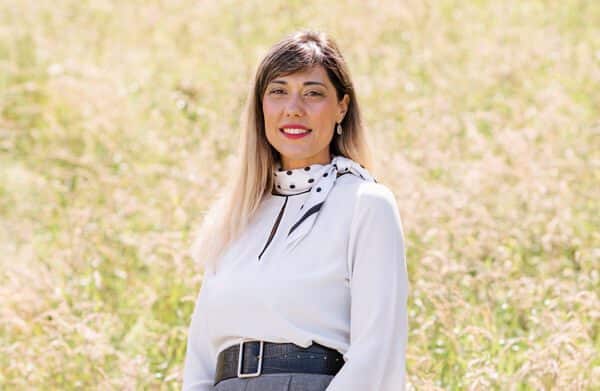
Why choose NEOVIVA for help with screen-related problems?
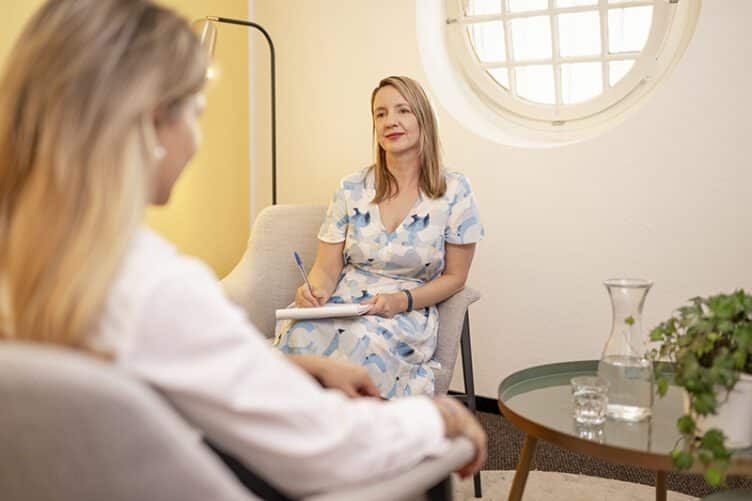
At NEOVIVA, private screen addiction treatment provides numerous benefits, leading to a balanced, more satisfying life. Our unique approach combines scientifically proven methods with luxury care, offering substantial advantages for your recovery journey:
- Individual treatment plans – At NEOVIVA, each treatment plan is tailored to meet your specific needs, ensuring effective and focused care.
- Advanced practices & innovative therapies – We use the latest evidence-based methods and therapies like rTMS to support sustained recovery.
- Relapse prevention techniques – Understanding that addiction is a chronic condition, we equip you with strategies and tools to manage triggers and develop healthy coping mechanisms.
- Serene healing environment – Our picturesque setting offers a tranquil backdrop that significantly enhances the recovery process.
- High-end accommodation – Our lakeview suites provide a cozy and private escape with top-notch amenities similar to those found at a luxury resort.
- Meaningful activities – Participating in guided nature walks, mindfulness sessions, or Shinrin Yoku fosters a deep connection with your surroundings and encourages personal reflection.
- Comprehensive approach – Our multidisciplinary team delivers thorough care that encompasses the physical, mental, and emotional facets of recovery.
Our addiction specialists
Meet the key members of staff who will help you on your journey to recovery.
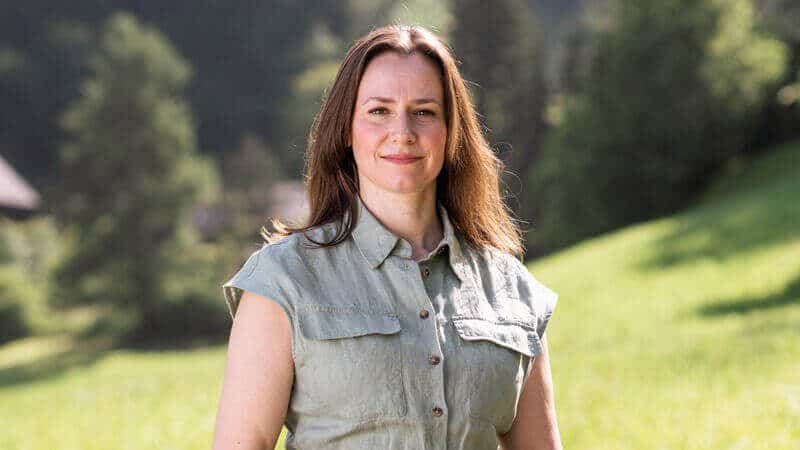
Mayte Parada
Clinical Lead
Originally from Canada, Mayte lived, studied, and worked in Toronto and Montreal. Her passion lies in helping people gain insight into their behaviours and to inspire change in their lives.
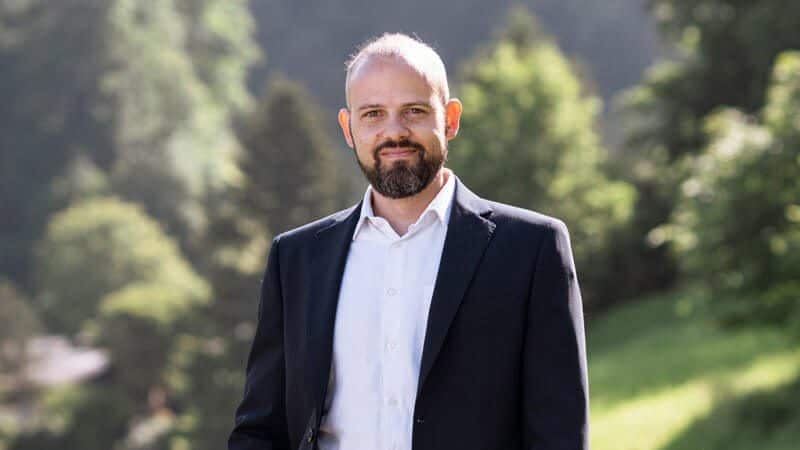
Shelley Heusser
Psychotherapist
An integral part of the NEOVIVA family, the Swiss-South African psychotherapist weaves professional expertise with a warm, personal touch.
NEOVIVA’s approach to screen addiction treatment
Acknowledging your addiction is a vital first step, but moving from dependency to a healthy lifestyle is a significant challenge that requires careful management of the rehabilitation process. At NEOVIVA, we structure screen addiction recovery into three distinct stages:
1. Initial consultation
A comprehensive assessment is the foundation of our rehabilitation process as screen addiction often coexists with underlying disorders. It is essential to identify and address these concurrently with the addiction to optimise recovery outcomes.
2. Treatment
Your treatment programme at NEOVIVA includes daily group therapy, 1:1 counselling, and a special emphasis on mindfulness-based strategies. Encouraging you to change your thoughts and behaviours related to screen use and addiction, CBT can help you develop healthy coping mechanisms, and identify triggers. Meanwhile, mindfulness practices cultivate present awareness, diminishing the urge for screen time. Supported by a medical and physical assessment, our approach includes mindfulness training, educational groups on addiction, and body-focused techniques for nervous system regulation. Your treatment is further enhanced by state-of-the-art methods like rTMS to manage cravings and boost mood.
3. Continuing care
We strongly believe in the importance of ongoing support and provide a comprehensive Continuing Care programme to support your continued progress after you complete your on-site treatment at NEOVIVA.
Frequently Asked Questions
About
screen addiction
How do I know if I need treatment for screen addiction?
If you find that your screen use is interfering with your daily life, affecting your work, school, or relationships, you might need treatment. Signs include spending excessive time on devices, feeling anxious without access to screens, and neglecting responsibilities in favor of screen time.
Are screen addictions real addictions?
While not everyone uses screens excessively, some people find they cannot stop, leading to severe consequences like losing interest in other activities and struggling to function in the real world.
Scientific research shows that heavy screen use, such as gaming using screen devices, activates the brain’s reward center similarly to drug use. Activities like binge-watching TV series or excessive social media use also provide instant and continuous stimulation, contributing to addiction-like behaviours such as the inability to control use despite negative consequences, preoccupation with screen time over other activities, and deceit about usage.
The World Health Organization has recognised this issue by including “Gaming Disorder” in the ICD-11, making it an official medical diagnosis. Despite this, some still view excessive screen use as harmless or merely a bad habit, which can hinder recovery efforts.
How does excessive screen time affect the developing brain?
Excessive screen time affects the brain by constantly triggering the release of dopamine, a chemical that makes us feel rewarded and happy. Activities like video games, streaming media, and social media provide instant and continuous stimulation, leading to a high release of dopamine. Over time, the brain gets used to this level of stimulation and requires more to feel the same amount of pleasure. This can make everyday activities like schoolwork seem boring in comparison.
Young brains are more vulnerable because the part of the brain that helps delay gratification (the prefrontal cortex) takes longer to develop. This explains why kids may become irritable during non-screen activities if they spend a lot of time on screens.
Fortunately, this process can be reversed if screen time is significantly reduced over a period. However, the brain can become conditioned to associate certain cues, like the sight of a device, with dopamine release, making it harder to resist screens even after cutting down usage.
About
treatment
How long does screen addiction treatment take?
The duration of any type of addiction treatment varies based on individual needs and circumstances. While a typical stay of around 28 days is recommended for effective change, treatment often extends beyond this period.
Our programmes incorporate peer counseling, support group meetings, and aftercare for at least six months. Long-term recovery is a continuous process, with some clients attending meetings or refresher weeks for years. The specific length of time in rehab depends on factors like the severity of addiction and personal progress. Consulting with professionals will help determine the appropriate duration for your situation.
Are there medications for digital addictions?
Currently, there are no medications specifically approved to treat digital addictions directly. The most effective interventions are typically psychotherapy, psychoeducation, and – if kids or teenagers are affected – parent training to address screen use behaviours. Medications prescribed by psychiatrists are often aimed at addressing secondary psychiatric issues that can accompany digital addiction, such as ADHD or depression.
While there isn’t strong evidence to support the use of any specific medication for screen addiction itself, there is some growing evidence that non-stimulant ADHD medications may offer mild benefits. These medications can help manage underlying conditions that may exacerbate excessive screen use, contributing to a more comprehensive treatment plan. Nonetheless, the primary approach remains behavioural therapies and education to address the root causes of digital addiction.
Can I participate in screen addiction treatment as an outpatient?
At NEOVIVA, we do not offer addiction treatment on an outpatient basis. We believe that a residential setting is crucial for effectively addressing behavioural disorder. This immersive environment provides constant supervision and support, significantly reducing the risk of relapse.
Our intensive inpatient programmes offer a structured routine and immediate access to a wide range of therapeutic interventions, ensuring that all aspects of your addiction and underlying issues are thoroughly addressed. This high level of bespoke care is essential for achieving long-term recovery and preventing relapse
